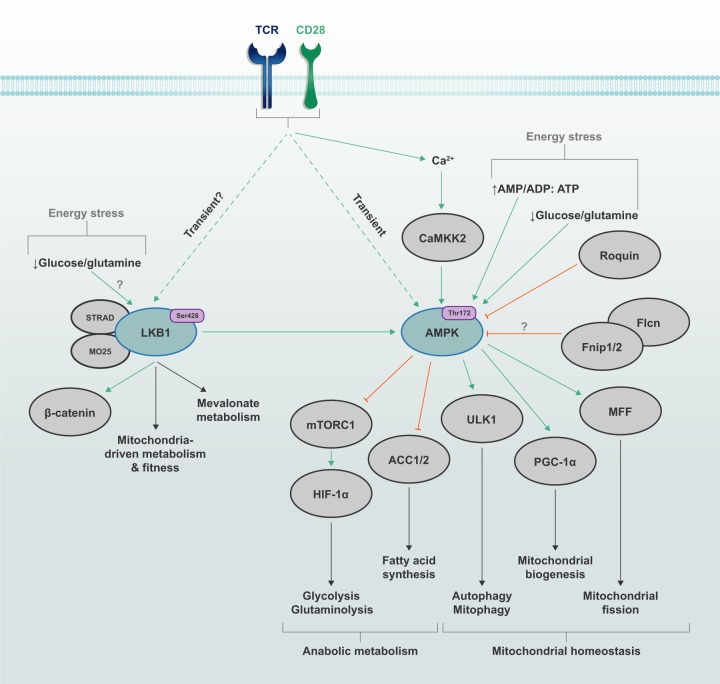Fig. 3. Metabolic programming in T cells through LKB1 and AMPK signaling.
The energy stress pathway kinases LKB1 and AMPK are activated by TCR and CD28 co-stimulatory signals, with AMPK activity being mediated, in part, by the Ca2+–CAMMK2 pathway. Energy stress, such as deprivation of glucose or glutamine or an imbalance of AMP/ADP-to-ATP ratio, can also promote LKB1–AMPK signaling. Upstream nutrient-sensing proteins, such as the Fnip–Flcn complex and Roquin, can restrain AMPK function, although the contribution of Fnip and Flcn to AMPK signaling in T cells is still unknown. The activation of LKB1 is associated with changes in mitochondrial metabolism and fitness, as well as increased mevalonate metabolism under certain contexts. By regulating the activity of several downstream targets, AMPK signaling can impede metabolic programming toward glycolysis, glutaminolysis and fatty acid synthesis, while promoting catabolic processes, such as mitophagy and autophagy. AMPK also supports mitochondrial fitness by driving mitochondrial biogenesis and mitochondrial dynamics by promoting mitochondrial fission.

